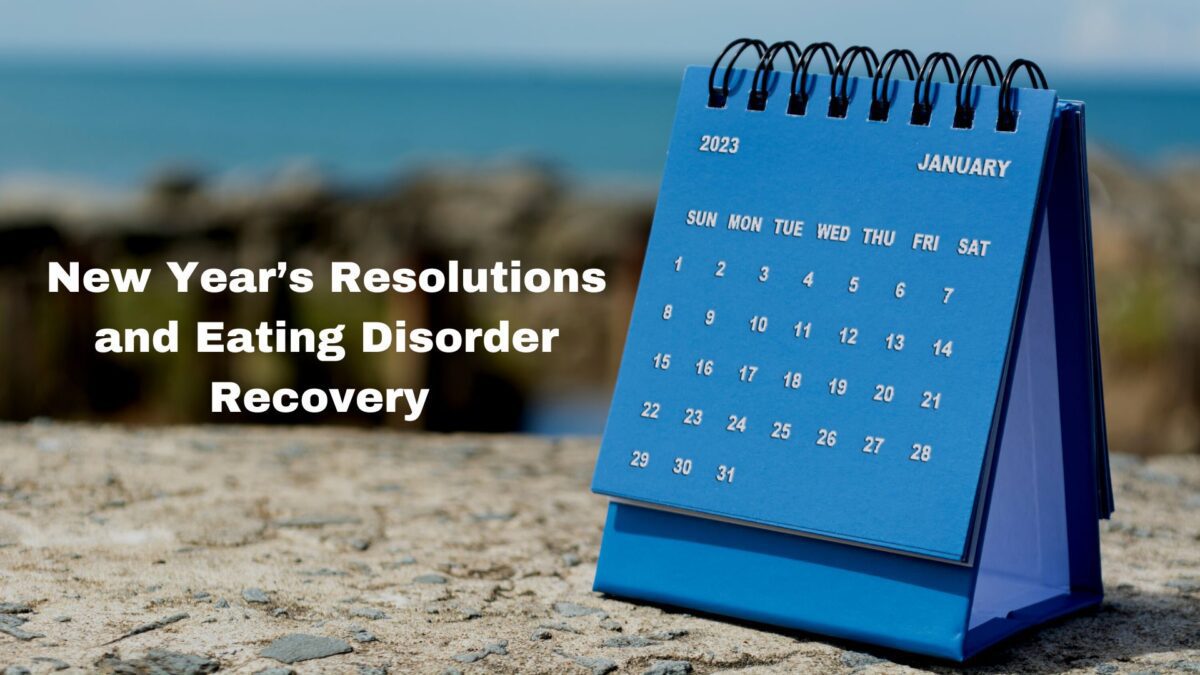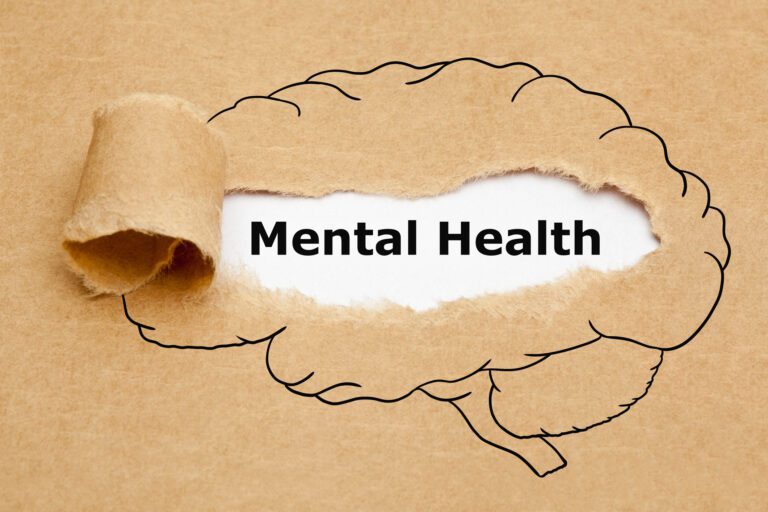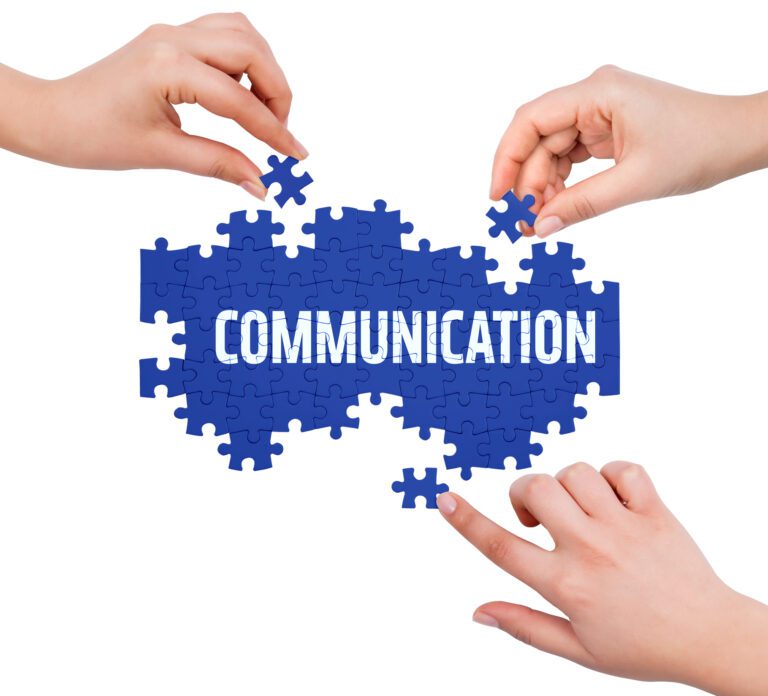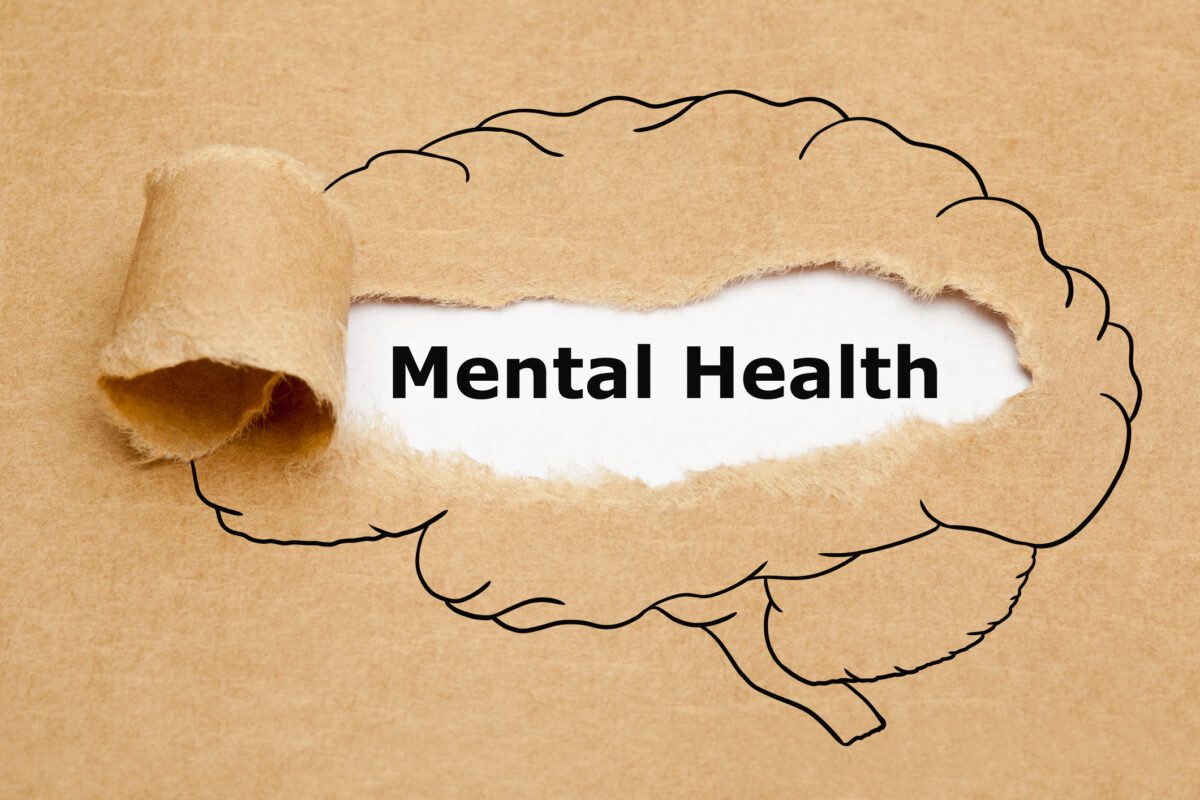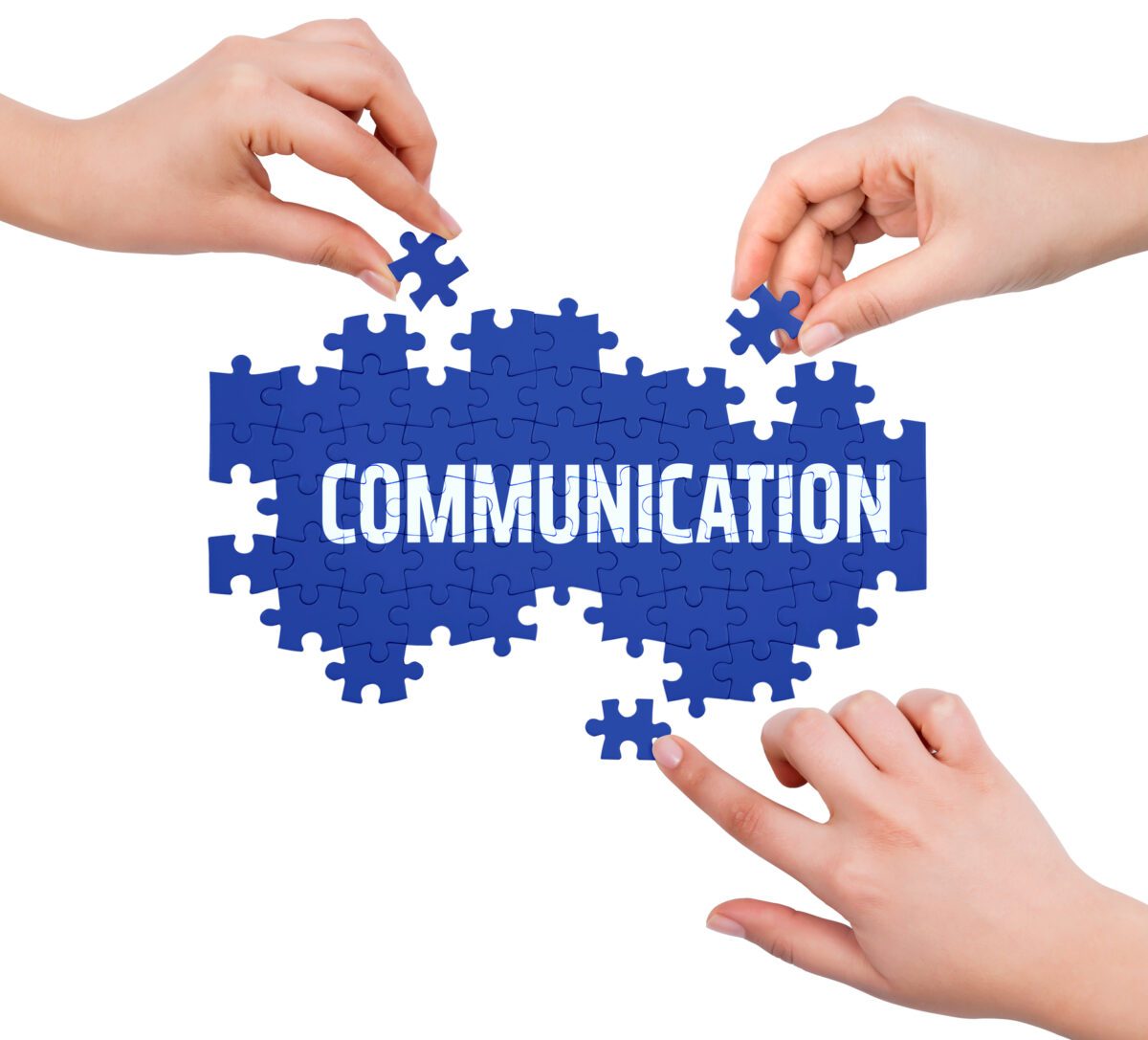For many, the beginning of the New Year comes with resolutions to lose weight, exercise more, and make big life style changes. In January, the pressure to lose weight, eat healthy, and exercise intensifies. It can be overwhelming to everyone, especially those that are battling or recovering from an eating disorder.
Many people brace themselves when the calendar flips to January 1, and the whole world starts to become fixated on improving their physical appearance. Suddenly the month of December where holiday foods and “treating yourself” begins to wind down, and abruptly turns into vowing to change indulging eating patterns, and resolve to lose weight or “cleanse” the food choices they made just a few days before.
Unfortunately, we live in a diet culture that believes we must be thin and pretty in order for our life to improve. Suddenly, the most well intentioned resolution to eat healthy and lose weight can be used to beat ourselves up about our appearance, our bodies, and what we eat.
Dieting and weight loss resolutions can be particularly triggering if you are struggling with an eating disorder or working to heal your relationship with food and body image. Many New Year’s resolutions may have started out as a diet or resolve to eat healthier, but down the line some individuals may make a “healthy diet,” cutting out food groups, restricting calories, trying a new diet supplement, or new workout routine to the extreme.
The holidays from Thanksgiving to New Years Day can be quite challenging for many. There is an increased focus on holiday food, social gatherings and treating yourself. Some even view holiday eating as “being bad.” New Years Day appears and society sends us messages it is time to start anew and ultimately “be good” again.
Those working to recover or maintain their recovery from an eating disorder, as well as their loved ones, might be wondering the best way to approach the new year while immersed in a society obsessed with health, weight loss, and exercise.
Having healthy support is one of the best things that can help one who is recovering from an eating disorder. Having a strong community of treatment providers, friends, family, and other loved ones can be very helpful in getting through the beginning of the year. Stay close to people that can help be your voice in recovery reminding you that you are so more than your appearance or weight.
Reviewing your social media pages and limiting screen time during December and January may be helpful to limit the weight loss and body focused messages that may trigger you to go back to your unhealthy behaviors.
It can also be helpful to remember that New Year’s resolutions can be a positive thing. A fresh new year to develop positive and uplifting behaviors and habits that will enrich your life. For someone in recovery from an eating disorder it may be more helpful to focus on a daily self care routine or starting a new hobby, or even expanding your circle of friends.
Below are nine ways to navigate the New Year’s resolution and dieting focus:
- Remove yourself from any unhealthy or triggers conversations or social media that focuses on weight loss or appearance
- If there are people in your life that may trigger you, consider working with your support team in developing healthy boundaries to set in order to protect yourself and your recovery.
- Explain to those around you that you’re finding the conversation unhelpful and do not wish to speak about diet or weight-related topics.
- Make a list of your motivations for recovery and review it frequently. Remind yourself that one of the best resolutions is to abstain from engaging in diet or weight loss talk.
- Take a thorough inventory of your social media accounts before the New Year in order to delete, unfollow, or mute any triggering advertisements or posts.
- Think about what you can put in place if you have felt triggered. Is there a coping skill you can use or someone you can call when you are struggling? Have an emergency plan to expedite when triggered.
- Make a goal to practice meditation and deep breathing every morning in order to connect with your mind, body, and soul. Make it a priority to slow down and take care of yourself during this time.
- Remember that you’re not alone. It may be helpful to see your treatment team more often during the holiday and New Year time.
- Consider a resolution that supports your recovery, such as being more kind towards yourself, practicing gratitude, or volunteering for an organization of your choice.
A New Year is a time to start fresh, set fun goals, and take action in all areas of your life. It is important to know the “why” in your resolution setting. It is our own choice to decide what healthy and happy means to us. It is also our responsibility to set boundaries around what we consider “healthy” and “negative behaviors.” It’s important to make sure you set resolutions that fulfill your criteria for health, not social media or people who have an unhealthy relationship with their body and/or food.

